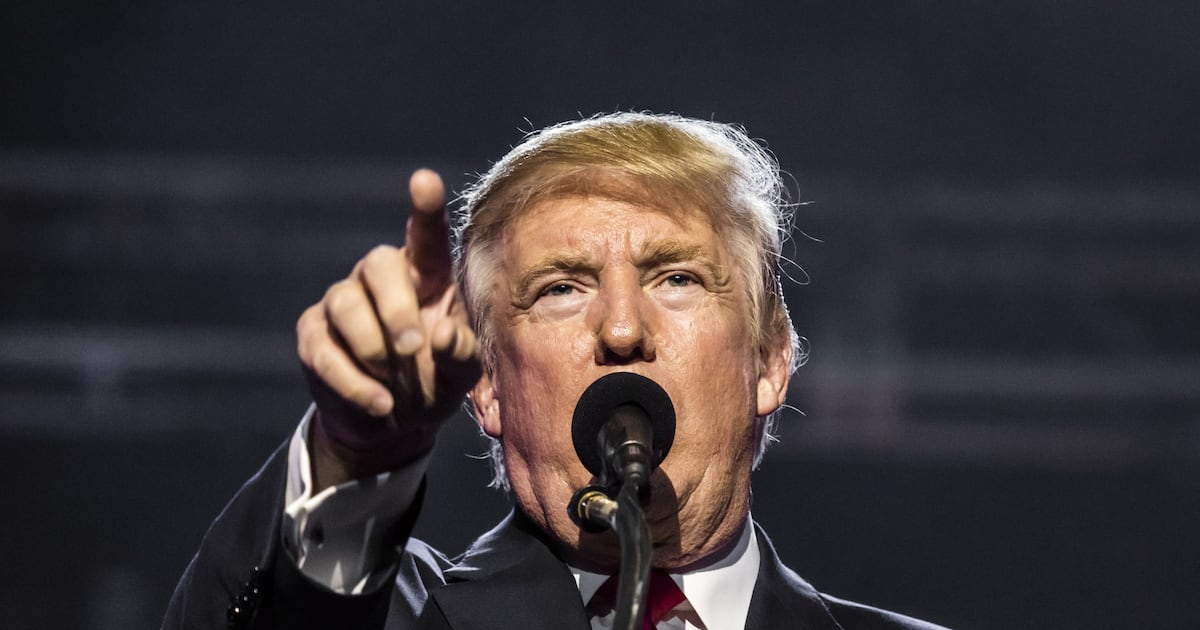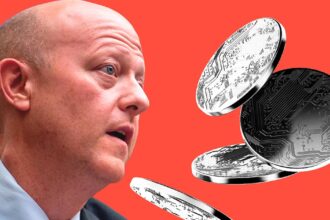Political Standoff Over US Stablecoin Bill Raises Crypto Ambitions
Stalled Vote Highlights Competing Visions for Digital Currencies
A landmark US stablecoin bill was unexpectedly delayed Tuesday as a procedural vote fell short (223-196), despite President Donald Trump’s assertion that he was brokering agreement among the necessary congressional factions.
Trump claimed, on his Truth Social platform, that he was actively working with the lawmakers needed for passage of the bill.
Known as the Genius Act, the legislation previously cleared committee and the Senate but now faces significant Republican opposition in the House, prevented from advancing through a procedural vote.
‘Crypto Week’ Stymied
The setback dampened the momentum of “Crypto Week” in the Republican-controlled House, during which scaled-back versions of other key cryptocurrency bills were expected to receive further votes.
The core objection from several Republicans, including influential figures like Representative Marjorie Taylor Greene and Andy Biggs of Arizona, stems from the absence of a preemption clause that would prevent regulators from establishing a central bank digital currency (CBDC).
This resistance poses a significant threat to the legislative agenda, particularly because an earlier bill, the Anti-Surveillance CBDC Act, aims specifically to bar the Federal Reserve from creating a digital dollar.
Leadership Intervention and Path Forward
House Majority Leader Steve Scalise initially voted against the procedural motion, citing the need for more discussion, effectively calling for a revote. Reports suggest a decision was reached: lawmakers delayed the vote to a later session.
Trump maintained that a determination had been reached involving members closer to his administration, and he pledged to sign the bill once it successfully passes.
Among the other legislative considerations for the period are the Clarity Act, which aims to assign regulatory authority for different domains of the cryptocurrency market, and the aforementioned Anti-Surveillance CBDC Act.
Regarding the central issue, passage of the Genius Act, if achieved, would establish a framework governing stablecoin creation, issuance, and management, profoundly shaping the future of dollar-pegged cryptocurrencies.
The potential commercial appeal appears palpable. When asked whether financial institutions should participate in the stablecoin market if it were permitted, Bank of America CEO Brian Moynihan replied, “If they make that legal, we’ll get into that business.” Similarly, stablecoin issuer Circle, a major market player, witnessed its stock price surge following a listing event in June.












